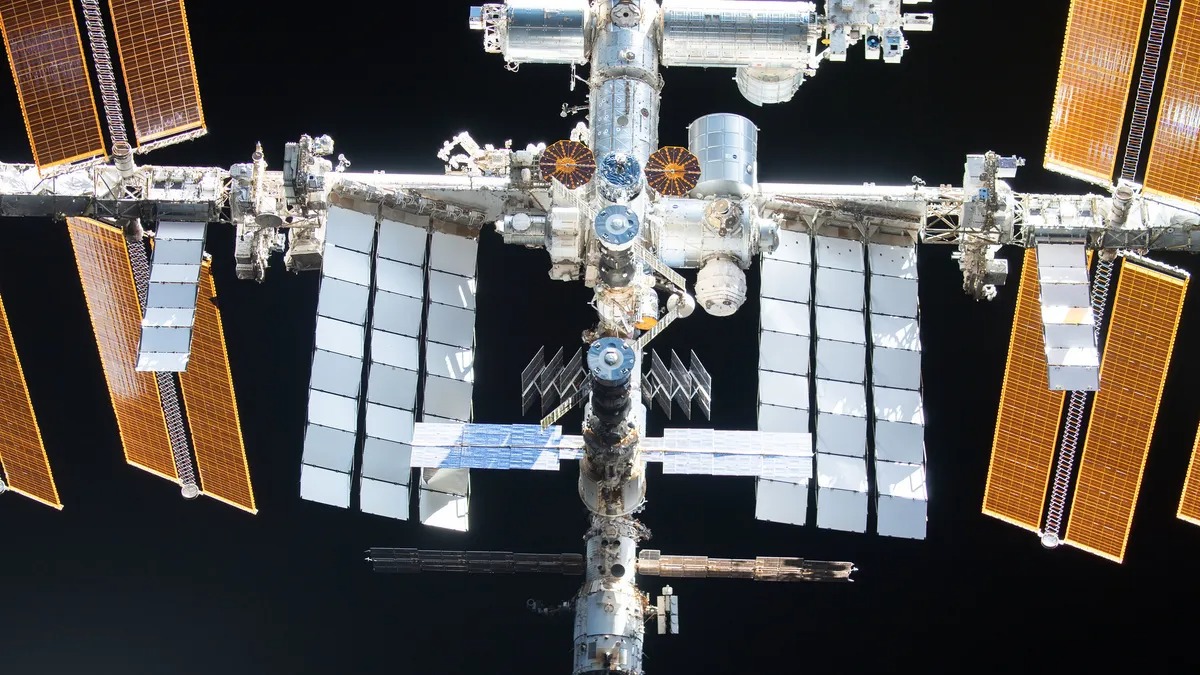On the evening of October 25, the International Space Station (ISS) conducted an evasion maneuver from the wreckage. The engines of the docked Progress cargo spacecraft were turned on for five minutes and five seconds. This allowed the station to avoid a collision with space debris that could damage the space outpost. NASA reported that the maneuver of changing positions on Monday did not affect the activities of the ISS.

Without the maneuver, the debris would have flown within 5 km of the station, which would have been too close and created a potential collision hazard. Therefore, it was decided to move the ISS to a higher altitude orbit.
The remnants of the exploded Russian satellite Cosmos 1408 turned out to be the troublemaker of the crew. This dangerous rocket test in 2021 was widely condemned by the international community, because the frivolous decision created a danger not only for other spacecraft in Earth orbit, but also for the International Space Station, which is also crewed by Russian cosmonauts.
NASA administrator Bill Nelson called the destruction of the satellite by the Russians in orbit “irresponsible”. The ISS crew was forced to hide shortly after the tests in 2021. Subsequently, in 2022, the European Space Agency’s Sentinel-1A Earth observation satellite narrowly avoided a collision with the Cosmos 1408 debris. It is believed that the wreckage will remain dangerous for other satellites for a decade.
The problem of space debris is getting worse. Low Earth orbit has already turned into a dangerous graveyard, where the remains of full-size spent satellites and tiny pieces of rocket debris hover. Even small fragments can damage satellites, spacecraft and space stations. Space agencies are constantly monitoring the wreckage so that adjustments can be made for both current and planned missions.
Earlier, we reported on how Starlink survived a flurry of rendezvous with the wreckage of a satellite shot down by Russia.
Follow us on Twitter to get the most interesting space news in time
https://twitter.com/ust_magazine
